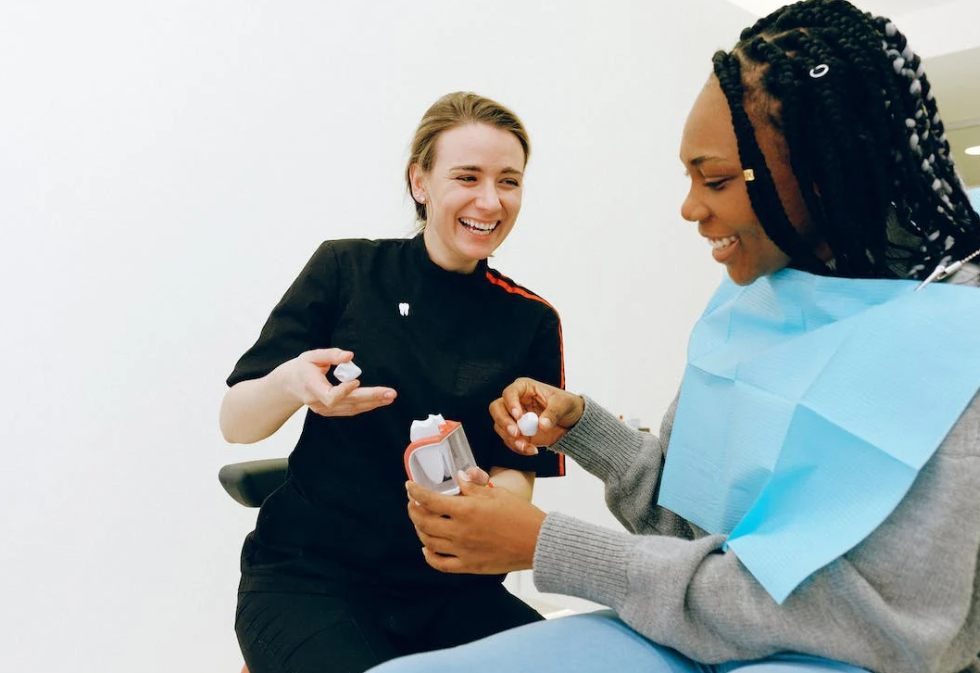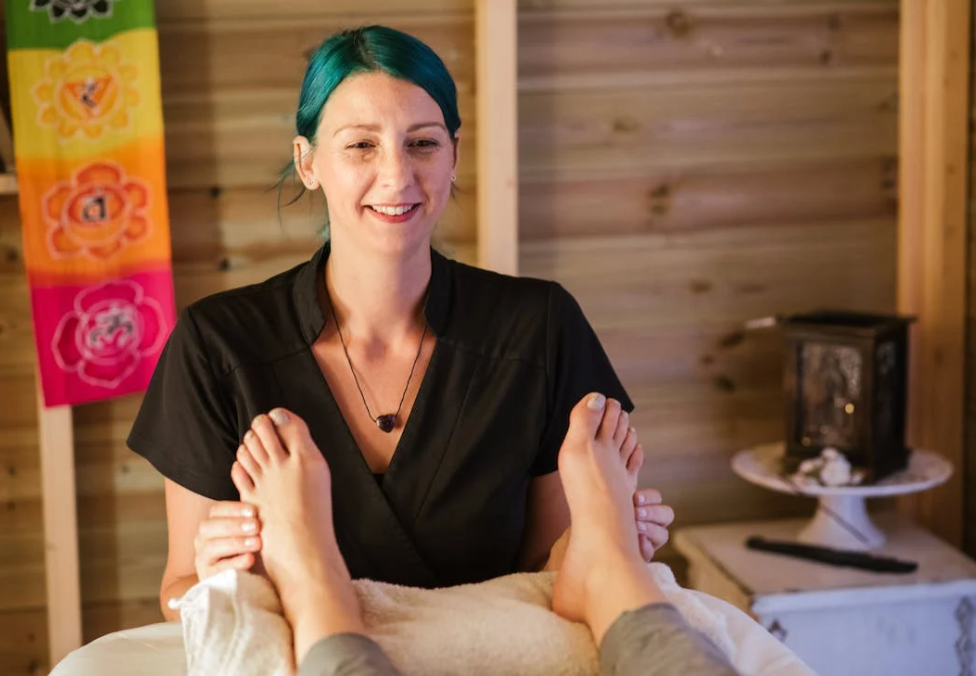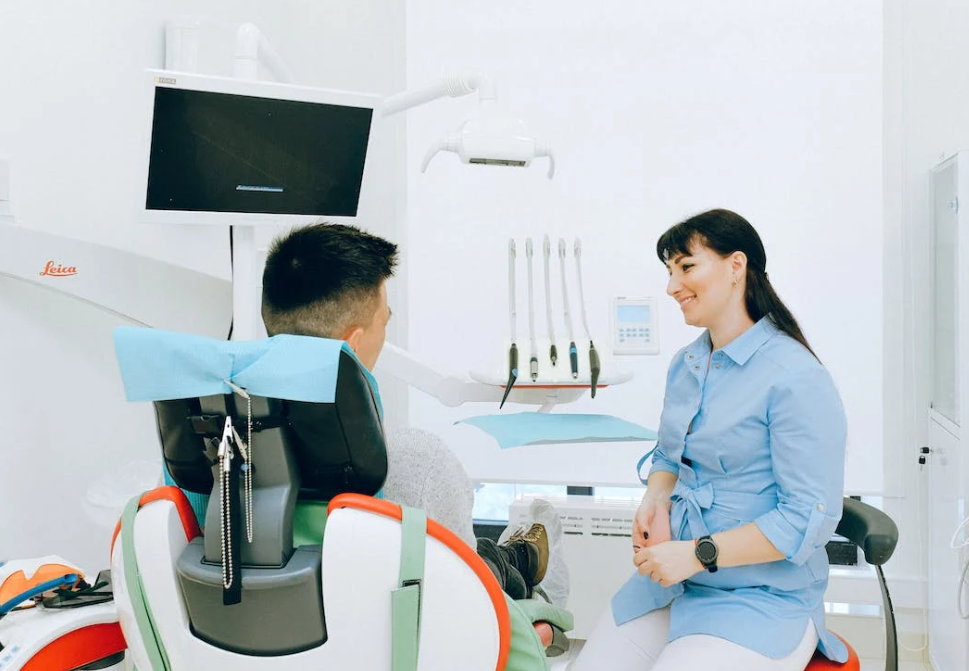Positivity For Patients
Learn more about positive thinking, placebo effects, and optimism in our positivity section.

Selfpause Affirmation App
Download the app to get 1,000’s of affirmation meditations and everything you need to write, record and listen to your own.
The art and science of creating positivity for patients is a blend of many elements. It involves positive thinking, Placebo effects, and optimism. It can be difficult to maintain a positive attitude when dealing with cancer. It can be hard to overcome depression and anxiety, especially when your mind is constantly on the horizon.
Art and science combine to create positivity for patients

Using an analogy of the musical instrument, art and science can work together to create a positive experience for patients. In music, positivist science provides a beat and notes, but art helps you feel your way into the tune and appreciate your fellow musicians. In the same way, art can help you understand a complex concept, like cancer.
When art and science work together, they inspire new discoveries. For example, a professional artist working with physicists found a spot in a lab where a digital camera was not working properly. It turned out that this was the result of side effects caused by scientific equipment.
Placebo effects
Placebo effects are a significant part of clinical trials, but there is an important difference between the effect of placebo and the real treatment. Placebos are known to produce physiological and psychological effects and have been shown to be effective in treating a wide range of medical conditions. The effectiveness of placebos has been studied extensively in both clinical trials and basic research.
Since the 1800s, researchers have been using placebos in medical experiments in order to study which medicines are effective and which ones do not. These placebos may be in the form of pills, injections, or consumable liquid. The placebo effect can be significant in some areas of medicine, and many doctors use them regularly.
A recent study aimed to understand placebo effects in the clinical setting. A placebo-controlled trial was conducted with two groups of participants. One group received an elaborate leaflet with evidence-based information. The other group received a neutral leaflet. The researchers used validated measures to assess the credibility of the placebos and the expected effectiveness of the treatment. They also examined the participants’ attitudes and perceived behavioural control.
One of the major challenges of the field of medicine is educating patients about placebos. In some trials, patients are coached to believe that placebos are equivalent to the real treatment. Researchers have developed a method for writing information about placebos that explains the real treatment and the placebo. This can trigger a more positive belief in the placebo and increase the willingness of patients to participate in a placebo-controlled trial.
Positive thinking

One of the best ways to improve your health is through positive thinking. The first step is to identify where you are negative. A trusted friend or family member can help you to identify areas you can improve. Perhaps you tend to think negatively about your work or personal life. Your spouse or coworker can notice if you are complaining or if you are driving your car with a negative attitude. Try to work on one area at a time and focus on it. Listen to positive music, tell yourself positive affirmations, and share your positive outlook with other people.
Having a positive mindset can also reduce stress, which is a major factor in cardiovascular disease. Positive people are more optimistic, make better health decisions, and are more invested in their own wellbeing. Moreover, they have stronger immune responses, which strengthens their resilience and overall health. This helps them cope better with stressful situations and achieve better outcomes in many situations.
Besides practicing positive thinking, a healthy lifestyle and identifying negative triggers can help you become a positive person. People rate our attitudes on a scale of one to ten, and a positive attitude has a positive impact on those around us. Try to avoid any negative thoughts, and don’t let them consume you.
A positive mindset is a valuable skill. It can create real value in your life and can help you cope with stressful situations. Research has shown that people who are able to think positively experience greater health and longevity. This mindset is the key to improving your health and reducing stress levels.
Optimism

The advantages of optimism are many, and the positive outlook can improve your physical and mental health. Studies have shown that optimism can also help you cope with stressful situations. It is linked to improved adaptive behaviour and increased flexibility. Additionally, it is associated with greater problem-solving capabilities. It can even help you cope with the adverse outcomes of illness.
In a recent study, optimism was associated with a higher quality of life, particularly in women with breast cancer. It was found that patients with high levels of optimism were more likely to recover faster and return to daily life sooner than those with lower levels of optimism. In addition, patients who reported high levels of optimism also rated their health as better than those with low levels of optimism.
In addition, the study found that patients who are more optimistic are less likely to report physical symptoms. This positive attitude may be linked to a reduction in the occurrence of gastrointestinal and cardiovascular symptoms. However, there was no difference in the frequency of respiratory and musculoskeletal symptoms among optimistic subjects.
Optimism for patients is an important factor in the therapeutic environment of patients. Research on optimism in health care settings is still in its early stages. However, clinicians should consider integrating it into treatment programs, prevention strategies, and physical health. This may be the best way to improve patient outcomes.
Optimism is also associated with better health outcomes in patients with cancer and cardiac diseases. Researchers have found that patients who are more optimistic have more positive coping strategies and are better able to adapt to stressful situations and treatments.
Finding meaning in the face of adversity

There are several interventions aimed at strengthening the resilience of nurses. These interventions focus on improving individual character, organizing work environments and increasing social support systems. They also help nurses prepare for physical and mental challenges. For example, they can participate in orientation and mentorship programs to enhance their cognitive ability.
Adversity, whether physical or emotional, shapes a person’s character, resilience, and endurance. Unfortunately, most societies today seek to avoid and even avoid feelings of adversity, with the result of increased levels of depression and suicide. Although it can be uncomfortable, embracing adversity can strengthen character and foster a positive attitude. People with positive attitudes are often able to face challenges in a manner that is more meaningful than before.
Psychologists have identified an important aspect of post-traumatic growth, where people develop positive traits after experiencing a major life crisis. This growth goes beyond resilience and uses the crisis as a catalyst to improve their psychological functioning. For example, survivors of sexual assault often report experiencing post-traumatic growth as early as two weeks after the incident.
Our Top FAQ's
Some ways to cultivate a positive attitude while going through a difficult medical treatment or condition include:
- Finding things to be grateful for, even if they are small or simple
- Setting achievable goals and celebrating progress
- Seeking out social support and connection with loved ones
- Practicing relaxation techniques such as deep breathing or meditation
- Engaging in activities that bring joy or meaning, such as hobbies or volunteering
- Seeking out sources of inspiration or hope, such as uplifting quotes or stories
To manage chronic pain or discomfort, patients can use positive thinking by:
- Focusing on the present moment rather than worrying about the future or dwelling on the past
- Seeking out strategies for managing pain, such as relaxation techniques or physical therapy
- Finding ways to stay active and engaged in daily life, even if it is in a modified form
- Practicing gratitude and finding things to be grateful for, even in the midst of pain
- Seeking out social support and connection with loved ones
Patients and their loved ones can support each other in maintaining a positive outlook during a medical challenge by:
- Communicating openly and honestly about feelings and concerns
- Offering emotional support and listening actively
- Helping each other set and achieve goals
- Encouraging each other to engage in self-care and activities that bring joy
- Seeking out social support and connection with others, such as through support groups or therapy
To stay motivated and engaged in their treatment plan while facing physical or emotional challenges, patients can:
- Set achievable goals and celebrate progress
- Seek out social support and connection with loved ones
- Engage in activities that bring joy or meaning, such as hobbies or volunteering
- Find ways to stay active and engaged in daily life, even if it is in a modified form
- Seek out resources and support to help manage any challenges or setbacks, such as therapy or support groups
There are many resources available to help patients maintain a positive outlook during their medical journey, such as:
- Support groups for patients with similar medical conditions
- Therapy or counseling to help cope with the emotional challenges of a medical condition
- Self-care practices such as relaxation techniques, exercise, or engaging in hobbies
- Online resources or communities for support and connection with others going through similar experiences
- Books or articles on positive thinking or coping with medical challenges
- Spiritual or religious practices that provide comfort and meaning.
